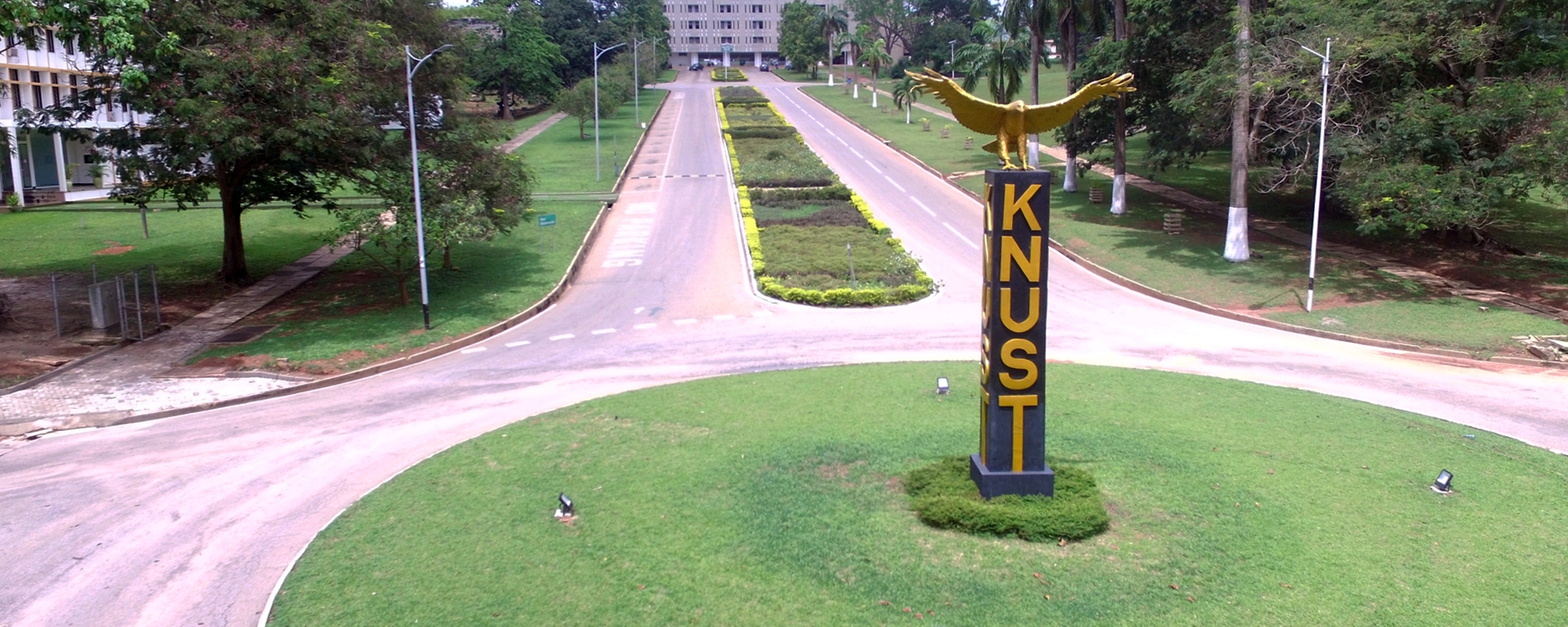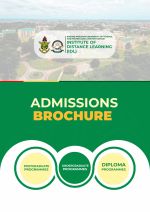Overview
The program is intended to provide graduates with knowledge, skills, and research capabilities in the elucidation of plant and animal diseases, as well as the production of biological products with the potential to provide therapeutic effects, serve as diagnostics and processing aids, industrial enzymes, biofuels and biochemicals for industrial applications, bioremediation/bio-restoration of the environment, and improve food security and safety.
Modules and courses
Mode of course delivery
The programme is offered through distance education, a learning oriented system allowing greater flexibility in learning while students continue with their regular professional work. The programme is offered in a mixed mode format. The approach uses print and electronic media in order to be responsive to the needs of the learner and also maximize the use of technology in course delivery.
At the heart of the programme is excellent online learning materials developed by capable and competent resource persons from KNUST and other recognized institutions.
Academic Support Systems/Services
Limited face-to-face facilitated sessions are provided at all the Learning Centres. These sessions are supported by print and electronic materials, and local learning facilitators who also support and direct students as they work through the resources provided.
The Centres provide learning support to students living in different parts of the country, thus reducing travel expenses.
Learning centres
Head of department
Exam officer
Programme coordinator
Dr. Christopher Larbie
Lecturer
Biography
- Applicants must possess a good first degree in Biochemistry, Chemistry, Pharmacy, Biological Sciences, Agriculture, Chemical Engineering, Agricultural Engineering, Renewable Natural Resources or any related programmes from a recognised University.
- Applicants in Biotechnology-related managerial positions, self-employed, regulatory agencies and related fields with relevant degrees may also be considered.

How to Apply
Pursuing an academic programme is an important step toward your future — and we're here to help


